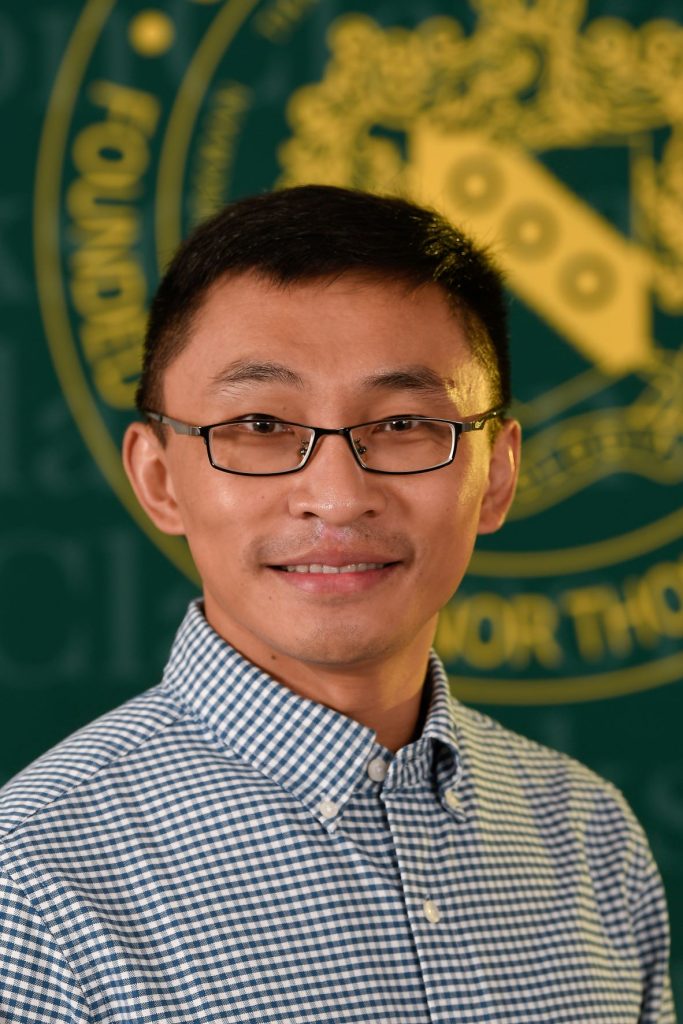Clarkson University Assistant Professor of Chemical and Biomolecular Engineering Yuncheng Du has been awarded a major grant by the National Science Foundation (NSF) to research the dynamic behavior and control of complex systems.

The award, known as an NSF Faculty Early Career Development Program (CAREER) Award, will grant Du $594,314 over five years to develop new techniques to predict and detect rare deleterious events—referred to as faults—in complex systems; and to control these systems when faults occur to achieve a desired performance.
“I am honored and excited about this award, and hope this provides me a chance to recruit more amazing students that I can work with and help them build successful careers and accomplish their personal and professional goals,” Du said. “Both undergraduate and graduate students will be involved in this project. In particular, we will promote inclusivity and diversity in STEM and I plan to recruit veterans and help them transition into civilian life.”
Complex systems are networks comprising many collaborating elements that continuously interact with each other in a nonlinear and counterintuitive manner; examples include cybersecurity, manufacturing processes, automated transportation infrastructure, medical devices, and many others relevant to our well-being, Du explained. Faults in these systems are malfunctions, such as cyber-attack or sensor failure, that break security, degrade system functionality, and cause safety concerns and economic losses. Control of these systems is challenging because the dynamic behavior of the ensemble is intrinsically difficult to predict.
This award supports fundamental research to build a “fault-aware” control framework to study how interactions among individual elements produce the collective’s dynamics and how to alleviate the effect of faults on complex systems. To develop and validate the control framework, a failing human heart managed by a ventricular assist device will be used as the foundation to (i) detect device faults such as thrombosis and suction that jeopardize the survival of heart failure patients and (ii) automatically adjust the operation of the device under faults to improve the patient quality of life.
“I hope the research outcomes from this project will advance fundamental knowledge in control engineering and machine learning, and techniques developed in this project will be translated and applied in various applications, including medical devices, manufacturing processes, and other fields that are related to our society,” Du said.